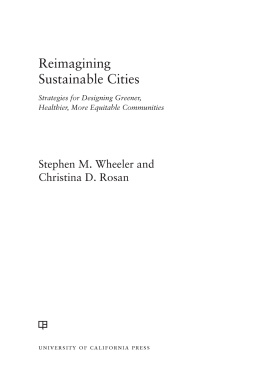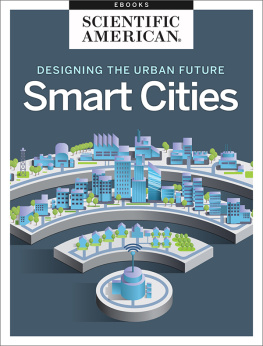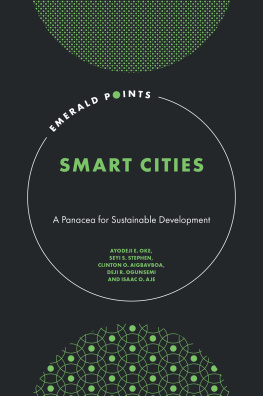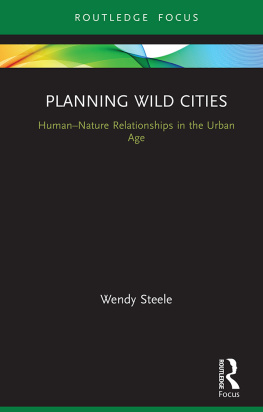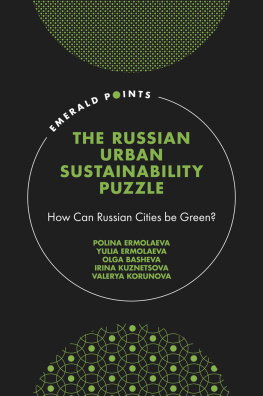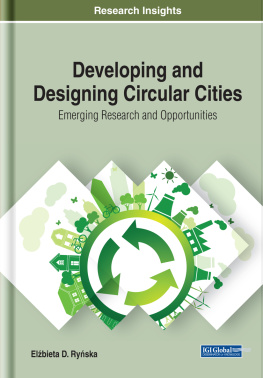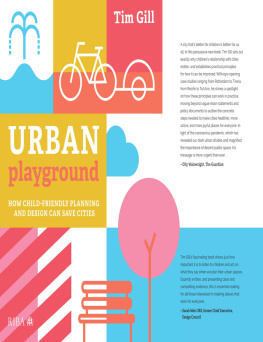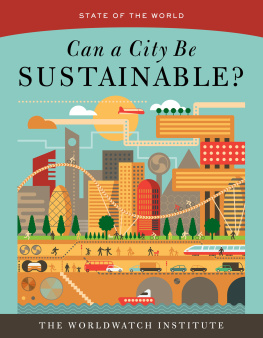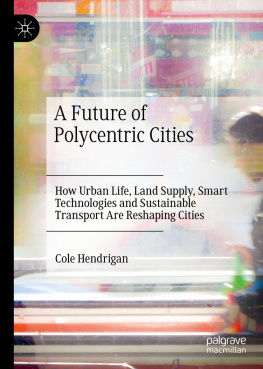Stephen M. Wheeler - Reimagining Sustainable Cities: Strategies for Designing Greener, Healthier, More Equitable Communities
Here you can read online Stephen M. Wheeler - Reimagining Sustainable Cities: Strategies for Designing Greener, Healthier, More Equitable Communities full text of the book (entire story) in english for free. Download pdf and epub, get meaning, cover and reviews about this ebook. year: 2021, publisher: University of California Press, genre: Politics. Description of the work, (preface) as well as reviews are available. Best literature library LitArk.com created for fans of good reading and offers a wide selection of genres:
Romance novel
Science fiction
Adventure
Detective
Science
History
Home and family
Prose
Art
Politics
Computer
Non-fiction
Religion
Business
Children
Humor
Choose a favorite category and find really read worthwhile books. Enjoy immersion in the world of imagination, feel the emotions of the characters or learn something new for yourself, make an fascinating discovery.
- Book:Reimagining Sustainable Cities: Strategies for Designing Greener, Healthier, More Equitable Communities
- Author:
- Publisher:University of California Press
- Genre:
- Year:2021
- Rating:4 / 5
- Favourites:Add to favourites
- Your mark:
Reimagining Sustainable Cities: Strategies for Designing Greener, Healthier, More Equitable Communities: summary, description and annotation
We offer to read an annotation, description, summary or preface (depends on what the author of the book "Reimagining Sustainable Cities: Strategies for Designing Greener, Healthier, More Equitable Communities" wrote himself). If you haven't found the necessary information about the book — write in the comments, we will try to find it.
What would it take to make urban places greener, more affordable, more equitable, and healthier for everyone? In recent years, cities have stepped up efforts to address climate and sustainability crises. But progress has not been fast enough or gone deep enough. If communities are to thrive in the future, we need to quickly imagine and implement an entirely new approach to urban development: one that is centered on equity and rethinks social, political, and economic systems as well as urban designs. With attention to this need for structural change, Reimagining Sustainable Cities advocates for a community-informed model of racially, economically, and socially just cities and regions. The book aims to rethink urban sustainability for a new era.
In Reimagining Sustainable Cities, Stephen M. Wheeler and Christina D. Rosan ask big-picture questions of interest to readers worldwide: How do we get to carbon neutrality? How do we adapt to a climate-changed world? How can we create affordable, inclusive, and equitable cities? While many books dwell on the analysis of problems, Reimagining Sustainable Cities prioritizes solutions-oriented thinkingsurveying historical trends, providing examples of constructive action worldwide, and outlining alternative problem-solving strategies. Wheeler and Rosan use a social ecology lens and draw perspectives from multiple disciplines. Positive, readable, and constructive in tone, Reimagining Sustainable Cities identifies actions ranging from urban design to institutional restructuring that can bring about fundamental change and prepare us for the challenges ahead.
Stephen M. Wheeler: author's other books
Who wrote Reimagining Sustainable Cities: Strategies for Designing Greener, Healthier, More Equitable Communities? Find out the surname, the name of the author of the book and a list of all author's works by series.

